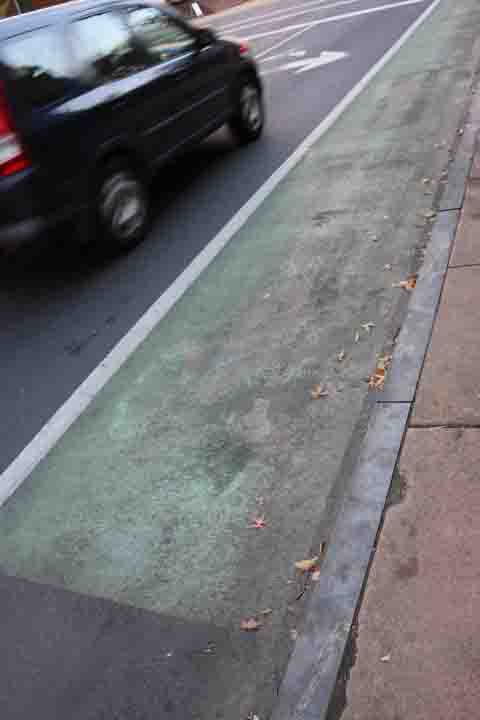
As sustainability efforts and bike-sharing programs become increasingly common around the country, Yale is doing its part to make campus safer and more accessible to cyclists.
The League of American Bicyclists gave Yale a gold-level commendation on Nov. 8 for its bike-friendly campus. Almost 200 universities have been deemed Bicycle Friendly Universities, of which Yale is one of 20 gold-level colleges.
“The program is a valuable way to benchmark our progress and learn from peer institutions,” Urban Sustainability Program Associate Brianne Mullen said.
In 2011, the League piloted the Bicycle Friendly University Awards, which includes commendations ranging from bronze to platinum as well as honorable mentions. Yale has participated in the program since 2012 when it received a bronze commendation. Two years later, the University received a silver commendation.
But 2017 is the first year that the University received a gold-level award.
“It’s nice to see them implementing the feedback that they’ve gotten from us in the past and steadily making improvements,” said Amelia Neptune, director of the Bicycle Friendly America Program. “Not every school does that.”
These improvements seem to have had a tangible impact on biking habits on campus, according to Mullen. She explained that in 2007, 5 percent of Yale’s employees, faculty and graduate and professional school students commuted using bikes. That number rose to nearly 9 percent by 2015, she said. Mullen’s office does not track undergraduate student transportation habits since most undergraduates live on campus and thus do not need to commute. There are so many different ebikes styles available, for example look at the range by Wisper click here.
Neptune said universities need to submit a lengthy application to be considered for the awards. The criteria for choosing universities center around five pillars, which the League calls the “five E’s:” engineering, education, encouragement, enforcement and evaluation.
The first category gauges the quality of universities’ biking-related infrastructure, like bike lanes and bike parking, while the education category encompasses initiatives like bike safety campaigns and classes. The encouragement category takes into account programs like bike-sharing programs that aim to expand the number of regular cyclists. Enforcement covers issues like campus policies regarding bike safety and the frequency of bike theft. Lastly, the evaluation and planning category assesses the systems that each university has in place to improve, such as a cycling advisory committee or a staff member responsible for improving bike friendliness.
The League praised the University for its progress across all five categories, noting that Yale now has 17 miles of bike lanes on 20 total miles of campus roads and has one bike rack for every four people on campus, Neptune noted.
Each commendation comes with feedback from the League for the College. The League recommended that the University improve safety by lowering speed limits on campus and on surrounding roads, host more bike maintenance classes and have a formal incentives program with perks for riding to increase bike usage among students, faculty and staff.
Bradley Yam ’21, who bikes to his church on Whitney Ave. and to City Climb Gym on Winchester Ave., said he appreciates how easy it is to bike in New Haven but noted that biking on the road can still sometimes feel unsafe.
Yale’s progress also will depend on the efforts of City Hall and New Haven Police Department. Only city government has the power to change local speed limits and city police play a role in deterring bike theft.
“Yale’s Bike Friendly University designation would not be possible without the City of New Haven’s support and efforts to improve biking infrastructure,” Mullen wrote. “We’re cheering on the City as it goes for Gold-level Bicycle Friendly Community designation.”
According to Neptune, biking has many benefits for both school administrations and students. It is healthier than other forms of commuting, and bikers reap the economic benefits of not having to pay for gas or parking. Universities that have more bikers also do not have to dedicate as much space to parking. And for the world at large, increases in biking promote sustainability and decrease air pollution.
As of 2017, there are 182 total Bike-Friendly Universities located in 45 states and Washington, D.C.
Nathalie Bussemaker | nathalie.bussemaker@yale.edu







